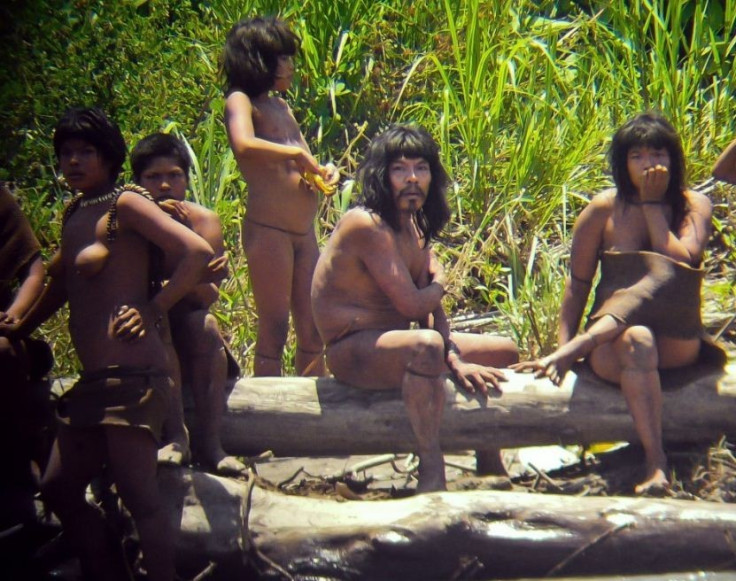Controversial Road through Peruvian Amazon May Slash Uncontacted Tribes’ Land by Half

A Peruvian infrastructure project, relating to the construction of a road through a section of the Amazon which falls within the country could encroach on more than 50 percent of land inhabited by two tribes who have so far remained out of the grasps of mainstream society, according to a non-governmental organisation called Survival International. The agency issued the Peruvian government a warning to the above effect, on Friday.
The project in question will look to build a road from Puerto Esperanza in the Purus region near Brazil to Inapari. Survival International has warned that three protected reserves lie in the proposed road's path, including the Madre de Dios Reserve, which houses the aforementioned tribes. Meanwhile, the recently contacted Mashco-Piro tribe's lands could also be encroached upon. These indigenous people constitute 80 percent of the region's population.
The controversial project has raised a number of concerns among tribal rights groups, particularly after it was understood that the Peruvian Congress was considering a law that could declare the project a necessity. Apparently a Catholic priest from Puerto Esperanza, a Fr Miguel Piovesan, is behind the project.
"It is highly suspicious as to why Piovesan and his friends in Congress wish to build a road in an indigenous area that has almost no support from indigenous people," Survival's Director Stephen Corry said in a statement. The organisation claims the project's plan does not make ant reference to the tribes nor any mention of opposition from indigenous groups, who see potential environmental threats from illegal logging.
Meanwhile, the road could also give rise to illegal human safaris, like those reported at the Jarawa tribal reserve on India's Andaman Islands. In that case, illegal tourism, operating via the Andaman Trunk Road that cuts right through the Jarawa reserve, was to blame. Unfortunately, despite the Indian Supreme Court ordering in 2002, the highway be shut down, local officials have failed to comply and the road is still active.
The Jarawas are being constantly and progressively brought into unwilling contact with the outside world, an act that puts the entire population at risk of extinction through infection from food items and clothes offered by tourists.
© Copyright IBTimes 2024. All rights reserved.







